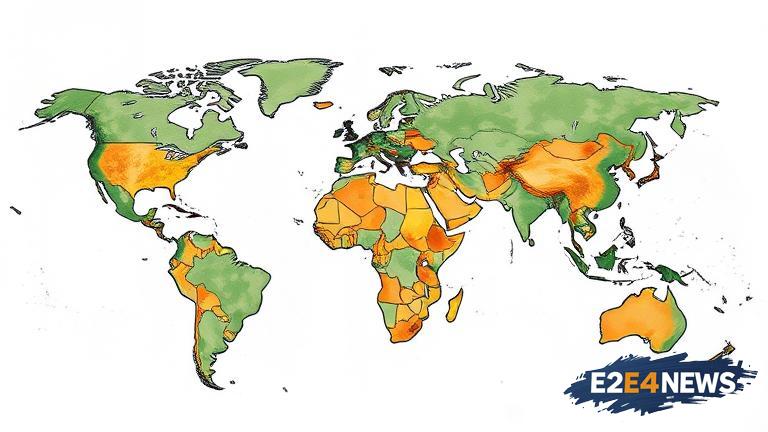The topic of weaponization has become a pressing issue globally, with many countries investing heavily in the development and production of weapons. This has led to a significant increase in the number of weapons being used in conflicts around the world, resulting in devastating environmental and human consequences. The use of weapons has been linked to deforestation, pollution, and the destruction of ecosystems, which can have long-lasting effects on the environment. Furthermore, the production and testing of weapons have also been shown to have negative impacts on human health, particularly in communities living near military bases or testing sites. The environmental impact of weapons is not limited to the immediate effects of their use, but also includes the long-term consequences of their production and disposal. Many weapons contain toxic materials, such as depleted uranium and lead, which can contaminate soil and water sources, posing a significant threat to human health and the environment. In addition to the environmental concerns, the use of weapons has also been linked to human rights violations, including the displacement of communities and the loss of life. The international community has called for greater regulation and control over the production and use of weapons, but many countries continue to prioritize military spending over environmental and human concerns. The development of new technologies, such as drones and autonomous weapons, has also raised concerns over the potential for increased militarization and the lack of accountability for their use. The use of weapons in conflicts has also been shown to have a disproportionate impact on vulnerable populations, including women and children. In recent years, there has been an increase in the use of weapons in urban areas, leading to significant damage to infrastructure and the displacement of civilians. The economic costs of weaponization are also significant, with many countries spending billions of dollars on military spending each year. This has led to calls for greater transparency and accountability over military spending, as well as a shift in priorities towards more sustainable and peaceful solutions. Despite these concerns, many countries continue to invest in the development and production of weapons, citing national security and defense as the primary reasons. However, the long-term consequences of weaponization are likely to far outweigh any short-term benefits, and it is essential that the international community takes a more nuanced and sustainable approach to conflict resolution. The impact of weaponization on the environment and human health is a complex issue that requires a comprehensive and multifaceted approach to address. It is essential that governments, international organizations, and civil society work together to develop and implement more sustainable and peaceful solutions to conflicts, and to prioritize environmental and human concerns over military spending.
